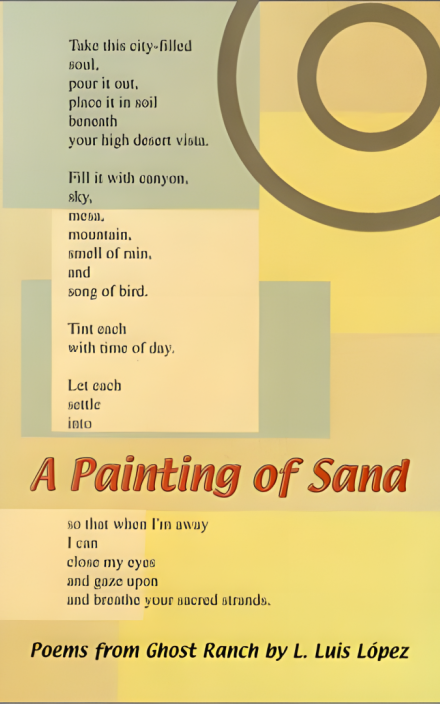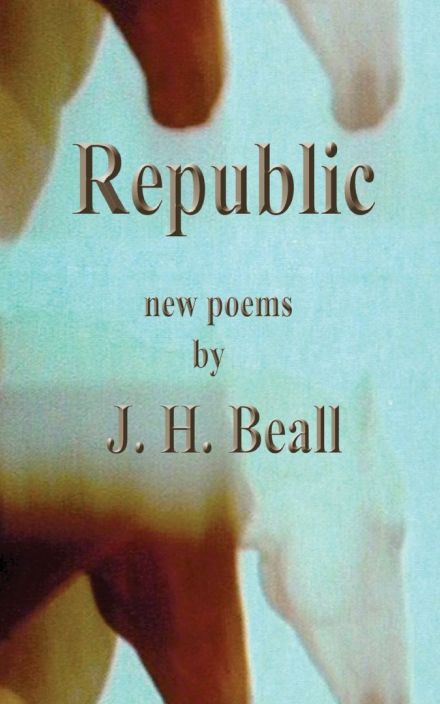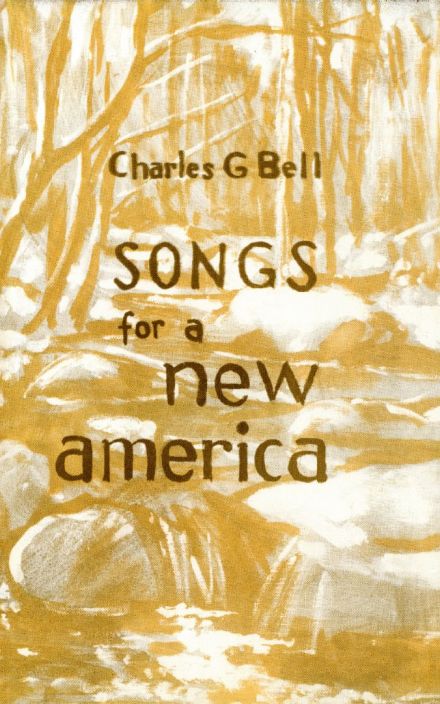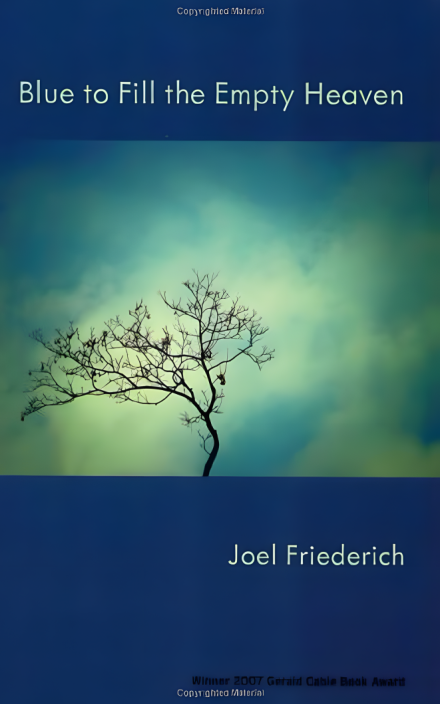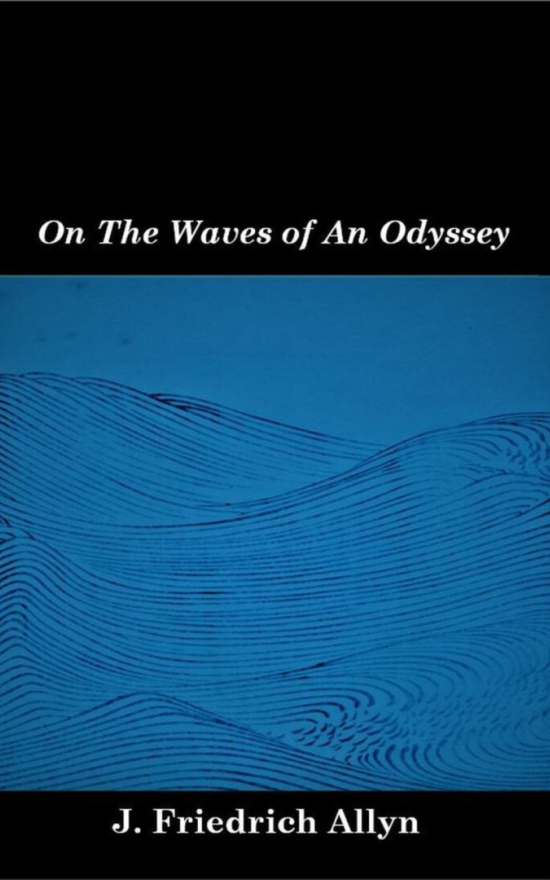
On the Waves of an Odyssey
On the Waves of an Odyssey is the second published work by J. Friedrich Allyn, and whatever we were left expecting as a follow-up to The Poverty of Good Portions, we were not expecting this. Building upon his intense and psychologically dark set of short stories, Allyn presents us with a collection of poetry and illustrations that take the reader through grief, heartache, absurdity, betrayal, disillusionment, and curious insight, all accompanied by a whimsically haunting drawing of an original “creature” on the opposite page.
The drawings are an interesting addition, not because the poems are alongside a drawing, this isn’t new, but the purpose of their creation is worth mentioning, and thankfully, Allyn tells us a bit about them in his intro: “I eventually came to realize that I was attempting to personify my emotions as separate from myself in an effort to understand and process them. Naturally, as I made this realization, I began to create them [creature drawings] much more deliberately, and they even started to become more complex as a result.” This begs the question; which of the two does the work of enhancing the other, and could the poems themselves be considered a personified drawing of words instead of a work of prose? The answer is for the reader to discover on their own, because Allyn has no explained the relationship any further.
The poetry itself carries a style that focuses on rhythm and rhyme, echoing a pre-modern, almost romantic character that is far from the current state of popular poetry, with some becoming almost musical when read aloud, evoking thoughts of cheeky medieval bards in a tavern that with a sly smile dare to make the forbidden rhyme that we were all thinking. To say this is refreshing may be a matter of opinion, but it wouldn’t be an insignificant one, and given Allyn’s rebellious vibe in his previous work, one has to assume he isn’t exactly interested in adapting or working within modern trends.
On the Waves of an Odyssey, like Allyn’s previous work, has a dark and intense vibe at times, but it also has a certain lighthearted levity peeking back at the reader as if to say “I have looked into the abyss, and the abyss congratulated my courage; we had a good laugh.” The poetry and illustrations are not for kids, but just might be capable of bringing out the inner child of adults who forgot how to be at play.


